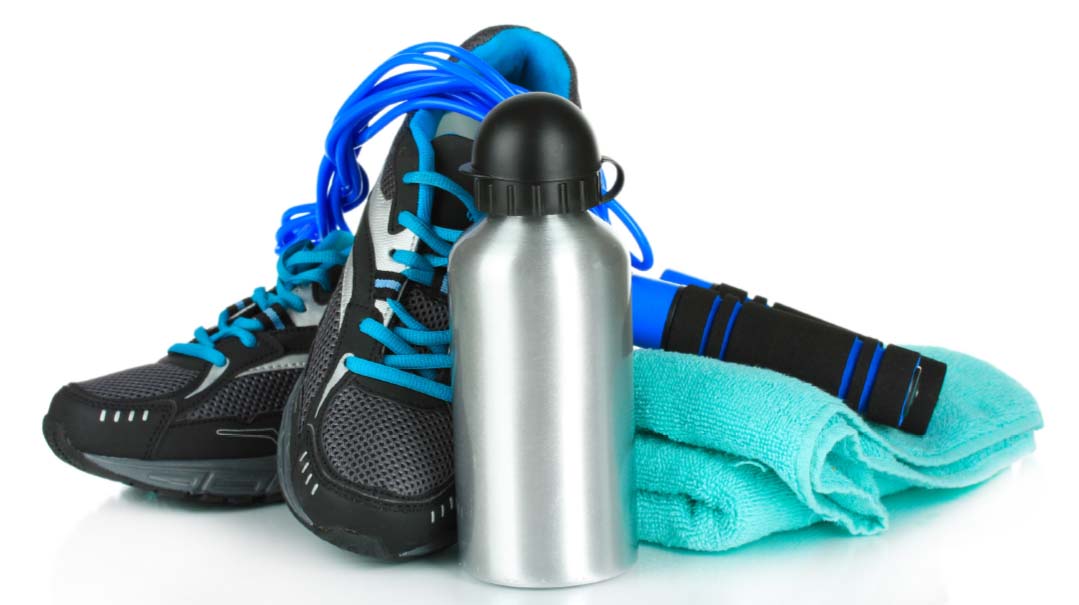What You Really Need to Ask about Exercise
| January 4, 2022I propose asking a different set of questions to help you get on track

What You Really Need to Ask about Exercise
Shira Savit, MA, MHC, INHC
We have so many questions about exercise: What type of exercise will burn the most calories? When is the best time to exercise? How do I get myself to work out if I’m not in the mood?
Before you get into these details, I propose asking a different set of questions to help you get on track:
Who Who is this about? Focus on you. Not your neighbor who’s out jogging every morning, and not your sister who goes to aerobic classes five times a week; remind yourself that this is about your exercise and what works for you.
What What type of exercise makes you feel alive? What makes you feel vibrant and happy? Don’t think about the calories you hope to burn; think about what movement you actually enjoy!
When When is the most realistic time for you to exercise? Aiming for the morning when you’re rushing to get the kids out might not work. Expecting yourself to get on the treadmill at 10 p.m. might be less than ideal. Figure out when you can actually make this happen.
Where What setting makes you feel the most comfortable? If you don’t like hot, crowded rooms, skip the gym class. If you feel energized by cool fresh air, choose to be outdoors. Think where you would enjoy being the most on any given day.
Why Ask yourself why you are exercising. Is it because you think you’re supposed to? Because you need to burn those calories? Is it for health? Energy? Vitality? Joy? There are no rights or wrongs; you want to bring awareness to your exercise.
How How will I achieve my exercise goals? Maybe a reward system will help me? Maybe I need to schedule exercise in my calendar as if it were a meeting? Maybe I can get a friend on board? How will I set myself up for success?
The 5 Ws (and H) are also questions, but these answers will enhance your entire exercise experience, because it uncovers how to make exercise your own.
Shira Savit is a mental health counselor and integrative nutritionist who specializes in emotional eating, binge eating, and somatic nutrition. Shira works both virtually and in person in Jerusalem.
I Didn’t Expect That!
Zipora Schuck, MA, MS
You want to teach social skills, but you don’t want to label the things they’re doing “not normal.” How do you go about imparting norms without using unpleasant labels?
Michelle Garcia Winner recommends using the concept of expected and unexpected behavior. The basic idea is that when we do what’s expected of us in a social setting, we integrate. When we do what’s unexpected — the behavior didn’t fit the time, place, or people we’re with — that often causes others to think negatively of us, and less likely to maintain friendships with us.
How can we know what’s expected? By “reading the room” — i.e., looking for context and seeing what others are doing.
An exaggerated example I use with my younger clients is describing how we look at a family wedding, dressed in a suit or gown. Then I ask them what they’d think if I came to school dressed like that. Most laugh and describe how odd I’d look, not because wearing a gown is wrong, but because wearing it to school is unexpected. We branch out from there to additional examples, with the student usually generating their own good ones right away.
If we need to intervene or facilitate a correction, labeling it expected or unexpected removes the shame associated with terminology like appropriate or inappropriate, good or bad. Most importantly, it allows children to make the repair more easily as we help them understand what’s expected in the here and now.
Zipora Schuck MA. MS. is a NYS school psychologist and educational consultant for many schools in the NY/NJ area. She works with students, teachers, principals, and parents to help children be successful.
You take yourself wherever you go. Make sure you like who you’re traveling with.
Sara Eisemann, LMSW, ACSW, is a licensed therapist, certified Directed Dating coach, and certified Core Mentor.
(Originally featured in Family First, Issue 775)
Oops! We could not locate your form.







